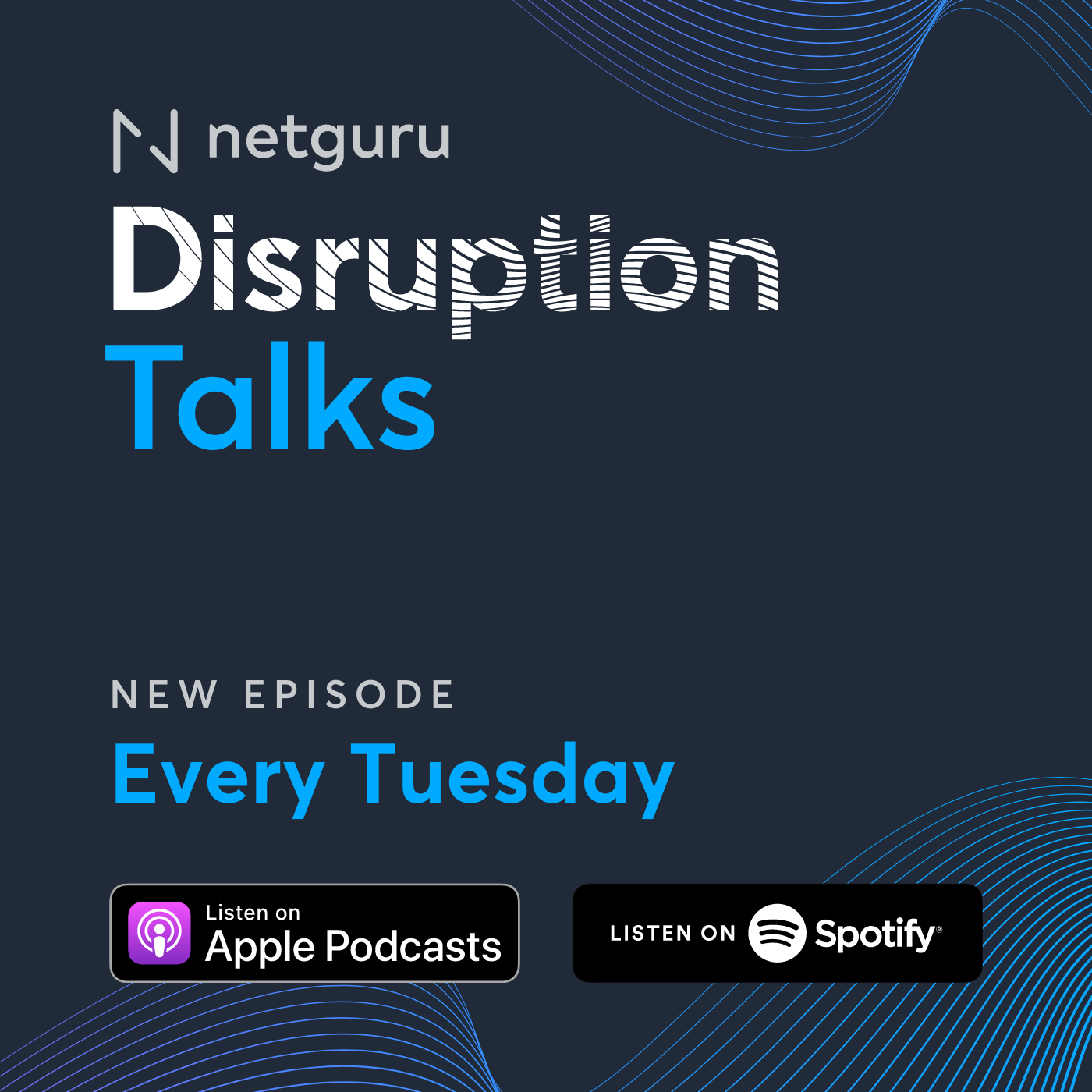What fintech software development services does Netguru offer?
Netguru offers a full range of fintech software development services, including mobile and web app development, custom fintech solutions, API integrations, blockchain-based applications, AI-powered fintech tools, and security-first digital banking platforms. Our solutions are tailored to meet the unique demands of fintech businesses, ensuring compliance with industry regulations and high standards of data security.











